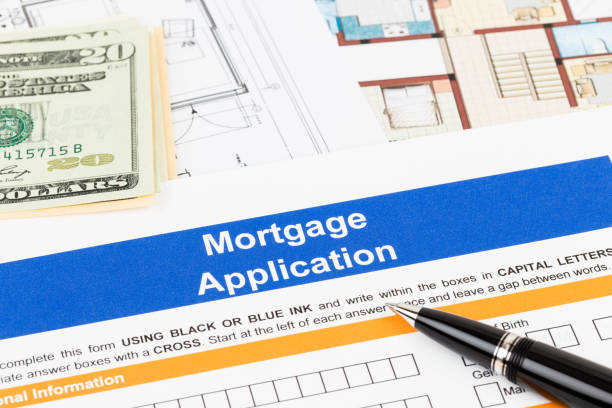A relatively new tactic used in debt collection, called debt shameing, is controversial. The collector will make a publishamingcement to draw attention to the debtors who have not paid their debts satisfactorily. This tactic can be humiliating for those who are already in debt. It’s important that you know what’s acceptable and what you must know.
What is “Lunch Shaming”?
In 2017, New Mexico passed legislation banning the practice of “lunch-shaming” – a method by which schools publicly shamed students whose parents had not paid for their school meal plan.
When parents owed money for meals, students faced different consequences: Some were denied lunch while others received a meal that was different from the r, est of their classmates. These kids weren’t just identified by being served cheese sandwiches when the rest of the kids ate pizza. Others were forced to wear bracelets or hand stamps to show they had not paid for their lunch. Some children were forced to clean cafeteria tables for their school lunch in exchange for food. This is an unacceptable way to shame children.
New Mexico has banned lunch shaming as a result. On July 1, 2017, the USDA enacted new rules that require states to explain their policies in writing. New Mexico is expected to be followed by other states, as Texas and California have already introduced anti-shaming laws. Some states, however, may leave the decision to local school districts.
Public Debt Shaming
You’ve probably seen bad checks displayed in places where customers paid with a check but the payment did not clear the merchant bank. This form of debt shame has been around for decades.
Here, we get into murky water. Under the Fair Debt Collection Practices Act, it is illegal to publicly disclose a debt. However, a bounced-check does not announce a debt publicly, and, therefore, a bounced check is to be displayed.
This type of debt sham is declining as fewer businesses accept checks. Instead, social media-based shaming is on the rise. It’s good to know that most debt collectors adhere to the law and do not engage in this type of activity. Small companies or individuals who are not aware of the debt collection laws can use social media in order to try to collect an unpaid personal debt or a bill for services rendered.
There are other unpaid debts which can lead to public shame. In order to notify all partthatffected by the debt, county recorders are required to file bankruptcy filings, notices of foreclosure and delinquent taxes liens. In some states, the names of t, hose with unpaid tax debts are published online. Foreclosure notices and other information about foreclosure sales is also often printed in local publications. Many Home OwneareAssociation agreements state that failure to pay your dues will be revealed to other members.
Social Media Debt Shaming
Posting information on social media is a very public way to shame people for their debt.
If the target of the shaming can prove that the allegations are false, then he/she may take legal action against the defamer. Anyone who is considering publicly shaming someone for their debts should be careful with the words and tone they use.
How to Respond to Debt Shaming by Debt Collectors
Start with a written demand to remove the post immediately if anyone-individual or service provider-publicly discloses it to the provider publicly media. Keep copies of all correspondence and posts.
Report the activity if you do not receive a response to your request and the posts remain. Companies that run social media sites are more likely to respond when people publicly harass or threaten others online. The offending post may be removed and the account could be suspended.
You can also file a complaint with the Consumer Financial Protection Bureau or the Federal Trade Commission. You can also thoroughly research state and local laws to see if you have been violated. You can also consult an attorney if you feel that you have been wronged and are interested in pursuing the matter.
The best way to avoid debt shame is to manage your debts proactively and take action before the debts go unpaid.
Personal Shame
Private shame about debt occurs more frequently than public debt shaming. Over the past four decades, we have worked with individuals and families who are often struggling to pay off excessive debt. We have seen that many people feel shame about their debt.
We want to let people know that they are not alone. Over the past four decades, we have helped more than 5.2 million people. We know that most Americans can relate to someone who is facing financial problems, including debt.
Talking to someone can help you realize that your situation is not as bad as it seems. In our experience, this is often the case. A financial coach who is experienced and compassionate can help you develop a plan and find resources to improve your financial situation. Credit agencies that are credible and reliable have worked with many people in similar circumstances and can provide support and advice, without criticizing or passing judgement.
We’ve found over the years that it is ineffective judgment people feel bad for their debt. It’s difficult to act when you are wallowing in guilt over unpaid debts. When you take proactive action and make a plan to pay off your debts, there’s less reason for you to feel shame.



